Motorcycle emission inspection from July 1, 2026
With the green transport model, from 2026, Ho Chi Minh City will start controlling motorbike emissions in the former Can Gio district (after the merger, there will be 4 communes: Binh Khanh, An Thoi Dong, Can Gio, Thanh An) and Con Dao special zone. Specifically, from July 1, 2026, motorbike emissions inspection will be implemented; from 2030, all motorbikes in circulation must meet emission standards level 2 (EU2) or higher; from 2031, low emission zones must be applied in qualified areas.
Deputy Director of the Ho Chi Minh City Department of Construction Bui Hoa An said that the two green traffic pilot areas mentioned above have sensitive ecological characteristics, high conservation needs, and a small number of vehicles, making them easy to control and monitor. This process is implemented in many stages, continuously summarizing and adjusting to suit reality.
Most importantly, there must be a clear policy framework and a specific time frame for people and businesses to prepare. Another highlight is the principle of “just transition” which does not only focus on technology or costs, but ensures that all levels of society have access to green vehicles.
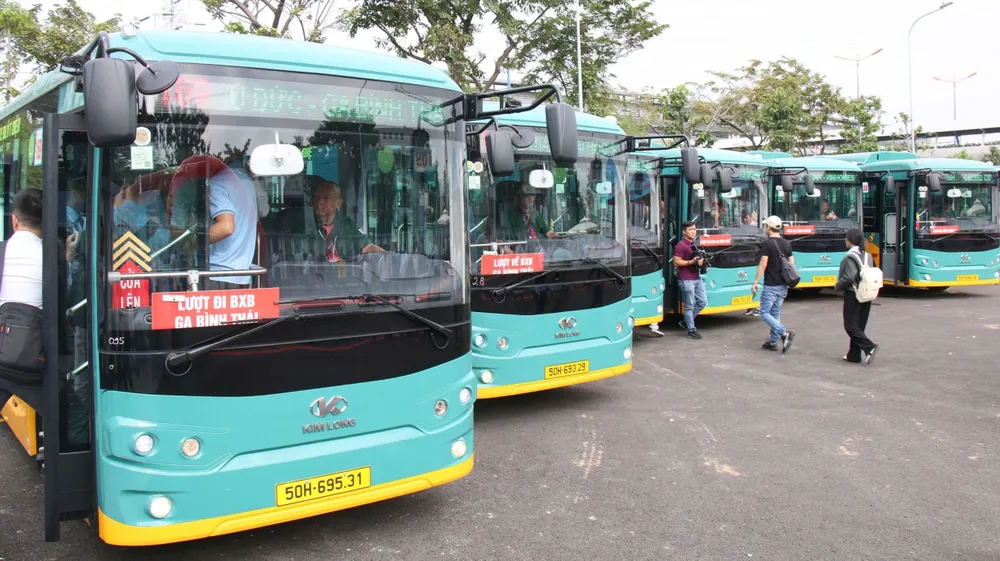
Currently, in the communes of Binh Khanh, An Thoi Dong, Can Gio, Thanh An, there are a total of more than 70,000 people, with about 33,000 motorbikes and nearly 1,000 cars. If all of these vehicles are converted to electric vehicles, it will greatly affect the lives of many households, especially poor families.
Vice Chairman of the People's Committee of Can Gio Commune, Ho Van Binh, said that there are currently no poor households in the area, but the rate of near-poor households still accounts for 22%. This is the most vulnerable group when forced to change their means of transport. Without support policies, switching to electric vehicles will become a financial burden, potentially increasing social inequality.
Therefore, Mr. Binh proposed that the city should support 100% of the value of new vehicles for disadvantaged groups when switching from gasoline vehicles to electric vehicles. In addition to vehicle support, the city needs to have a policy of vocational training and livelihood conversion to help people have more sustainable job opportunities in the green economy .
Many support policies
In order to meet the travel needs of people when switching to a green transportation model, an electric bus network will be invested. Accordingly, the electric bus route along Rung Sac Street, connecting branch routes, and an eco -tourism route to the communes of Binh Khanh, An Thoi Dong, Can Gio, and Thanh An will be invested.
In Con Dao special zone, 6 new electric bus routes will be opened to serve residents and tourists at Co Ong airport, Ben Dam port and historical sites. In addition, shared electric bicycle services will be deployed in residential areas, tourist areas and hotels. Solar charging stations will be installed at bus stations, markets, residential areas...
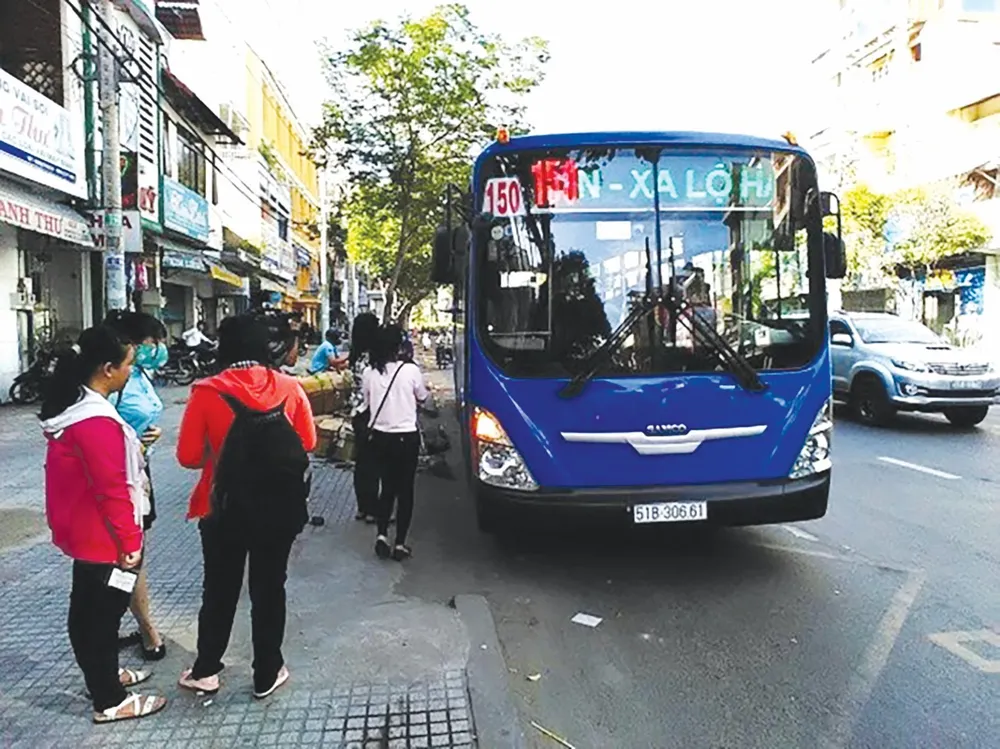
Regarding the financial mechanism, according to Mr. Bui Hoa An, the project offers a series of incentives. Specifically, 100% exemption of registration fees for battery-powered electric cars until February 28, 2027 and will be proposed to be extended until 2030; 50% reduction in license plate registration fees for electric cars and motorbikes; 50% reduction in road maintenance fees for electric transport enterprises. Next, the program will support up to 50% of interest rates for enterprises investing in electric buses and charging stations; 20% support of loan interest for individuals and households buying electric motorbikes; 10% direct subsidy (up to 5 million VND) for people buying electric motorbikes; 70% support of investment costs for electric charging stations...
At the same time, old gasoline motorbikes will be reimbursed 70% of the remaining value. “For well-off households, the city encourages self-investment in purchasing. For those in difficulty, there will be a policy to support low-interest loans and long-term installment payments. For businesses, the State will reduce taxes and fees to encourage vehicle renewal. In particular, near-poor households will be supported 100% of vehicle costs to ensure social security,” said Mr. Bui Hoa An.
According to Associate Professor Dr. Pham Xuan Mai (former Head of the Faculty of Transport Engineering - Ho Chi Minh City University of Technology), in order for the former Can Gio district and Con Dao special zone to truly become green urban areas, it is necessary to invest in a synchronous power grid and renewable energy system. For Can Gio, the focus should be on rooftop solar power and smart charging stations.
In the Con Dao special economic zone, all motorbikes and cars should be switched to electric vehicles, and high-speed trains and ferries should be gradually replaced with vehicles using clean fuels such as LNG or hybrid electric. On the other hand, it is necessary to soon invest in wind power, solar power combined with battery storage to ensure a stable, clean and reasonably priced power source.
Source: https://www.sggp.org.vn/thi-diem-giao-thong-xanh-tai-tphcm-tien-de-hinh-thanh-cac-vung-phat-thai-thap-post810497.html



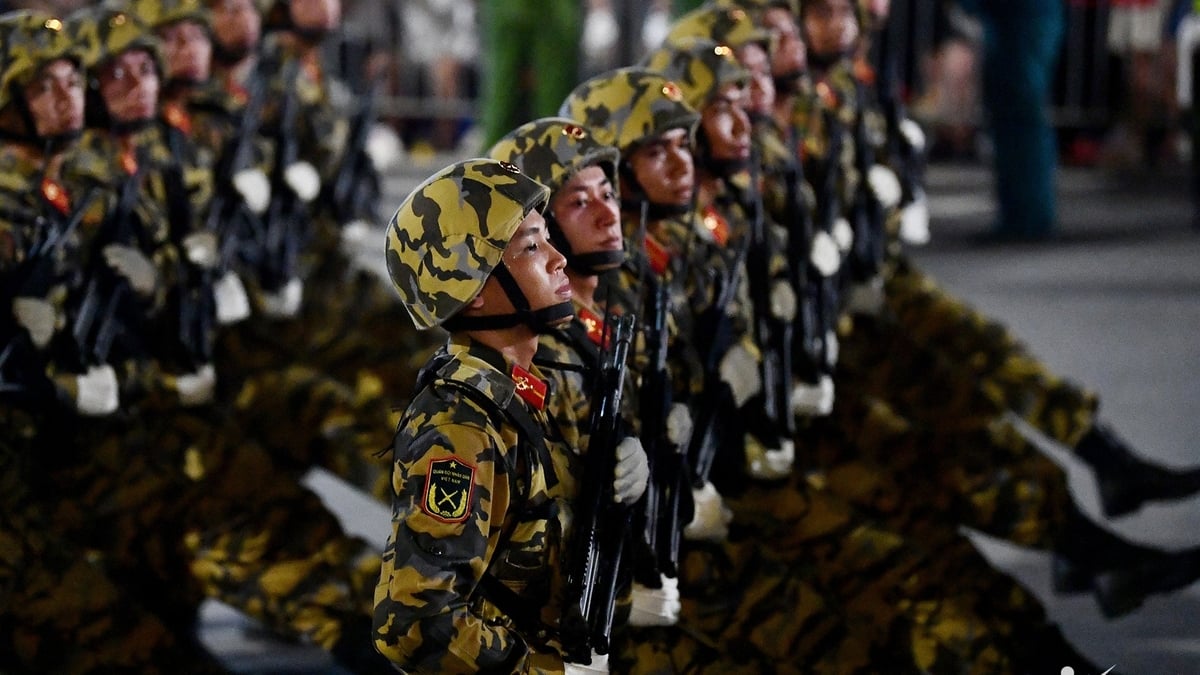
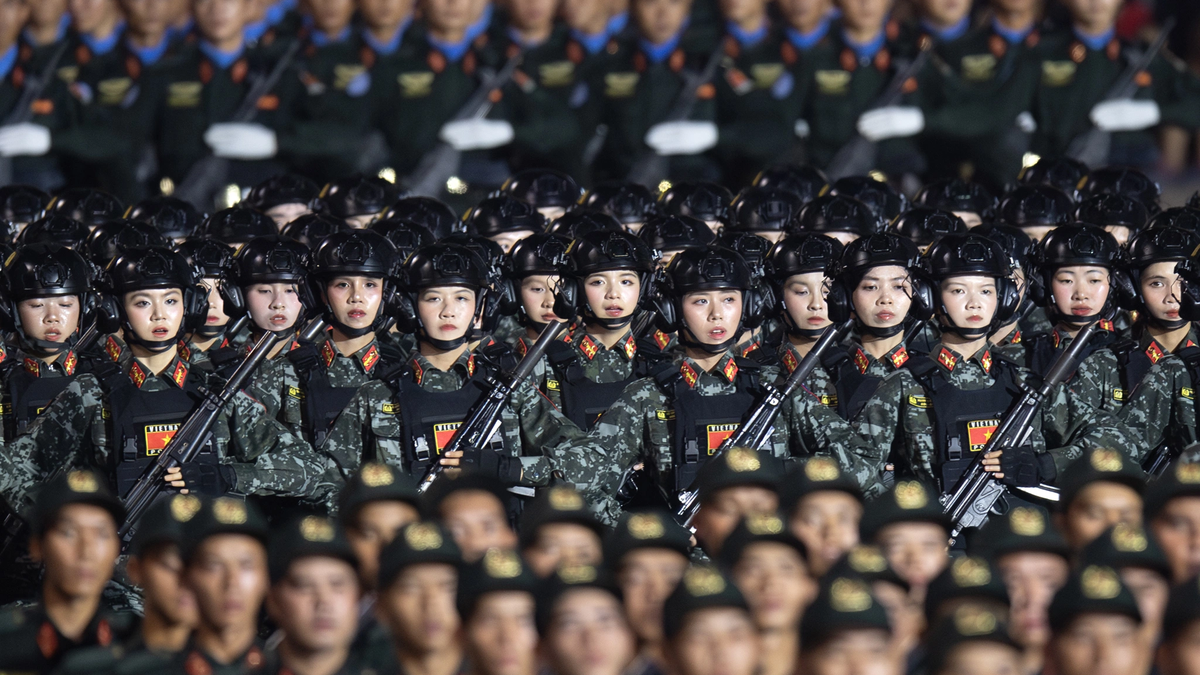
![[Photo] National Assembly Chairman Tran Thanh Man holds talks with New Zealand Parliament Chairman](https://vphoto.vietnam.vn/thumb/1200x675/vietnam/resource/IMAGE/2025/8/28/c90fcbe09a1d4a028b7623ae366b741d)
![[Photo] General Secretary To Lam attends the opening ceremony of the National Achievements Exhibition](https://vphoto.vietnam.vn/thumb/1200x675/vietnam/resource/IMAGE/2025/8/28/d371751d37634474bb3d91c6f701be7f)

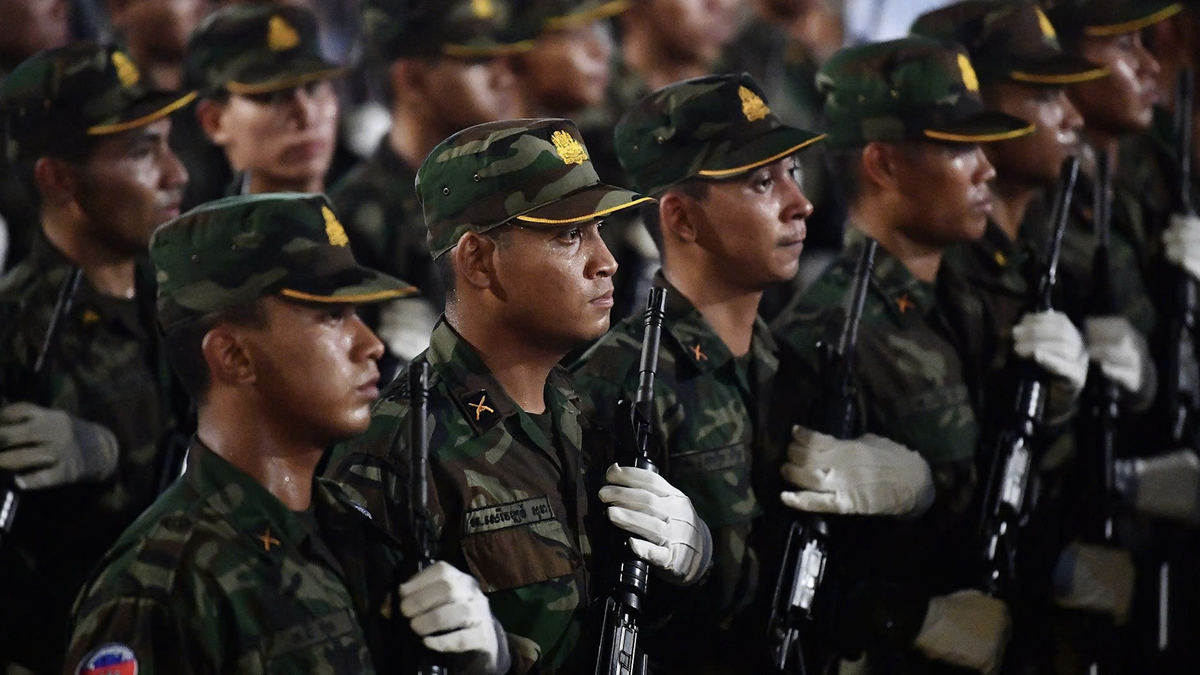
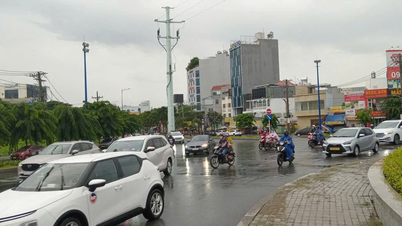
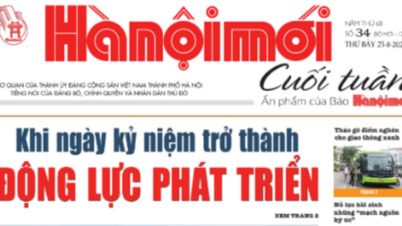

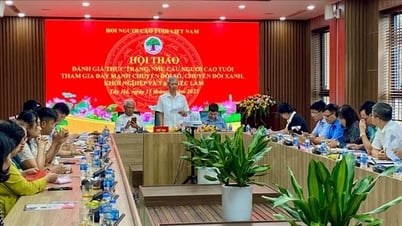



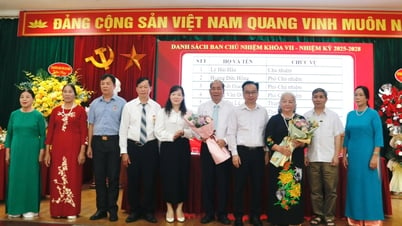

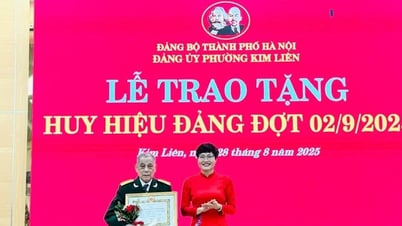
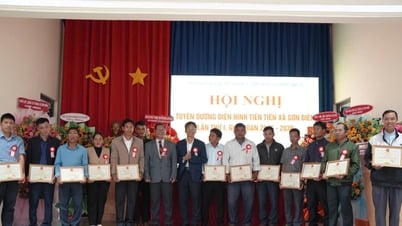

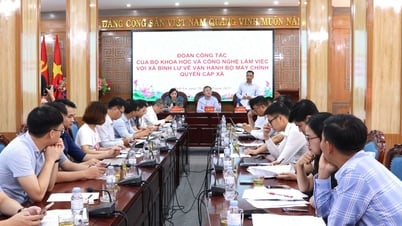

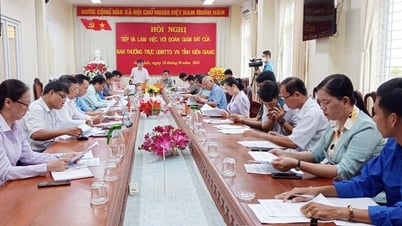

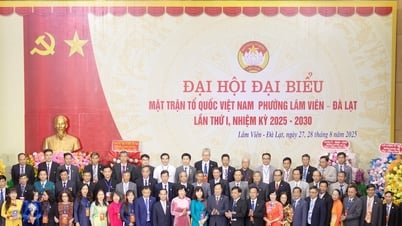




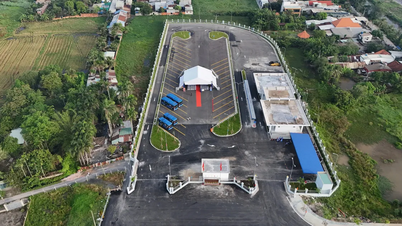
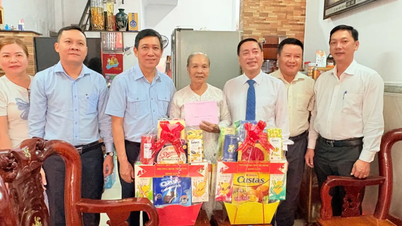
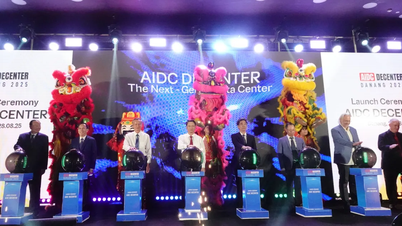
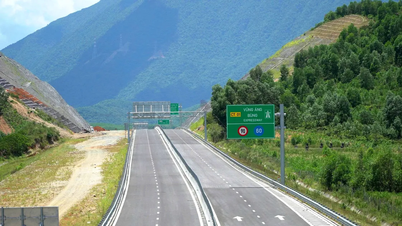


![[Photo] Images of the State-level preliminary rehearsal of the military parade at Ba Dinh Square](https://vphoto.vietnam.vn/thumb/1200x675/vietnam/resource/IMAGE/2025/8/27/807e4479c81f408ca16b916ba381b667)





































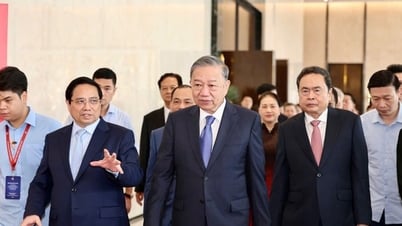


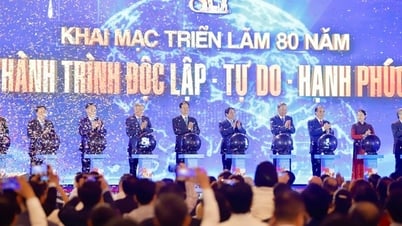

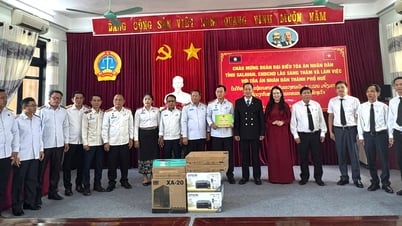

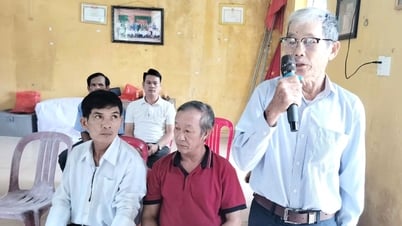
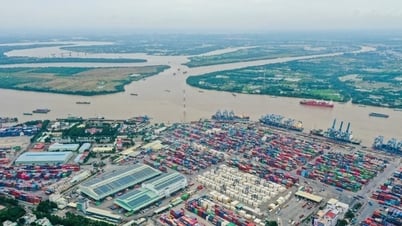
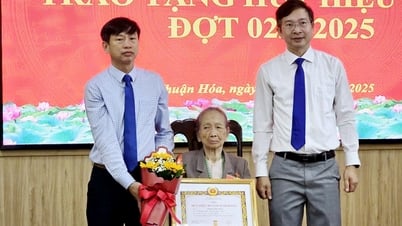
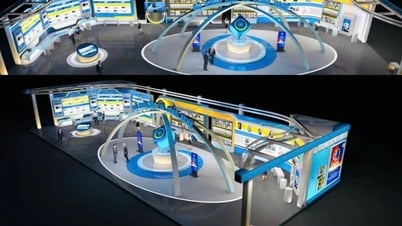












Comment (0)